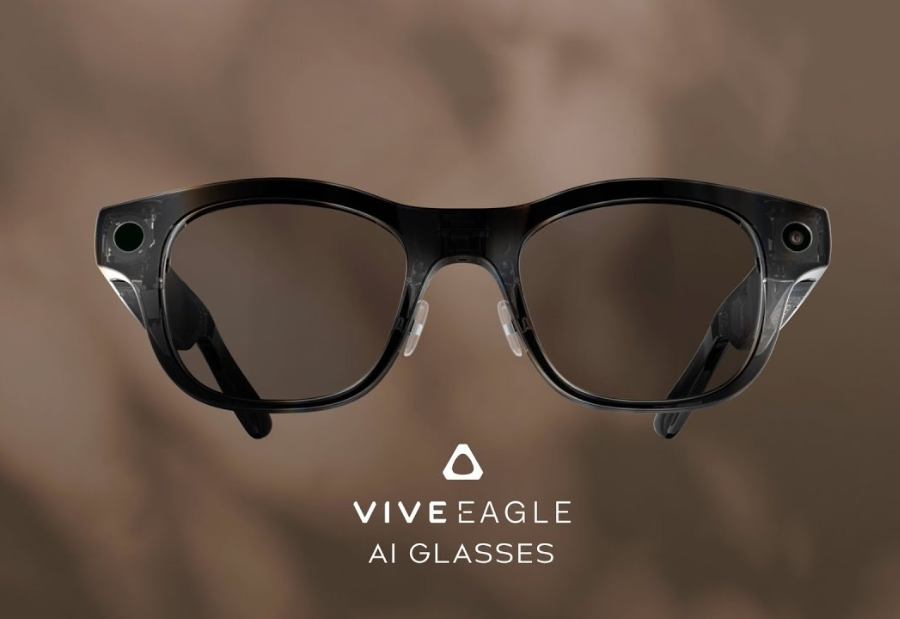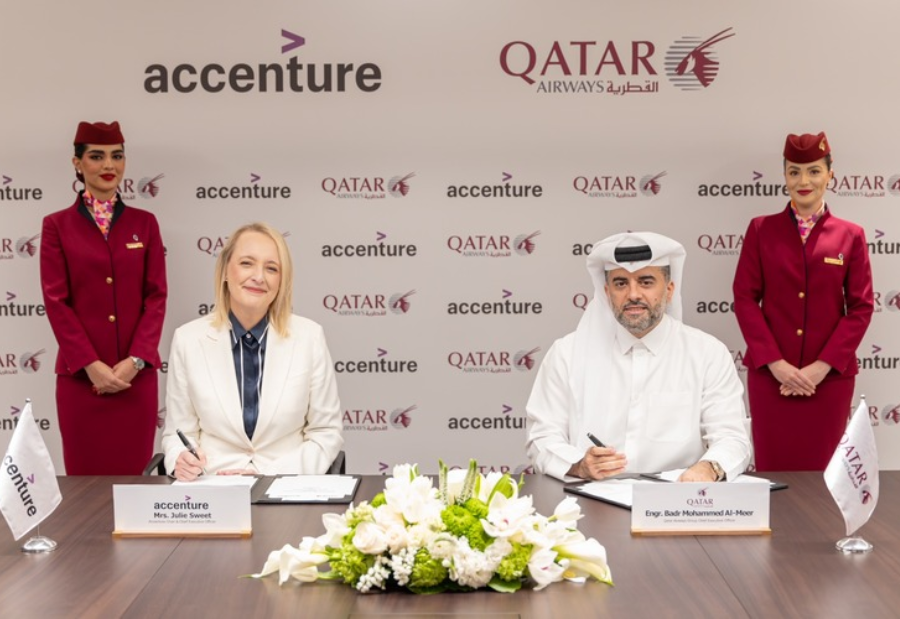Taiwanese consumer electronics maker High Tech Computer (HTC) has entered the artificial intelligence powered smart glasses market with the launch of Vive Eagle. A report from a common news source stated that HTC aims to compete with major technology companies such as Meta, Google, Samsung, and Apple, which are already working on or have launched smart glasses.
Currently, Meta’s smart glasses are available in several countries, including the United States and India. In comparison, HTC’s Vive Eagle is only available in Taiwan for now, and it is not confirmed whether the company will expand its availability globally.
The Vive Eagle smart glasses come with AI powered image translation, which allows users to point at text and translate it into 13 different languages using the built-in Vive AI voice assistant. The glasses also support voice reminders, note-taking, and restaurant suggestions, bringing features similar to rival products. Weighing just 49 grams, they are nearly as light as Meta’s Ray-Ban smart glasses.
Priced at around 520 US dollars, the Vive Eagle is equipped with Zeiss sun lenses and is offered in four frame colours, red, brown, gray, and black. HTC has not shared any details yet about a potential international launch.
Meanwhile, Meta continues to strengthen its position in the smart glasses sector with its Ray-Ban series, which is already sold worldwide. Reports suggest Meta is now working on “super-sensing” vision technology, which could enable advanced real-time recognition of people, objects, and environments through its glasses.
Apple is also developing its own smart glasses, expected to include built-in cameras similar to Meta’s model. Production of components may begin in 2026, with a launch likely in 2027. These glasses could use custom Apple Watch based chips to manage multiple cameras and offer microphones, speakers, and Siri integration for navigation, tasks, and app control. Future versions may include Apple’s “Visual Intelligence” for real-time contextual assistance.
Google has already demonstrated its Android XR platform at TED 2025, showcasing how smart glasses and headsets could integrate Gemini AI into daily activities. The preview showed features such as text generation, object recognition, item location, real-time conversation translation, diagram explanation, music identification, and 3D overlay navigation. When combined with devices like Samsung’s upcoming Project Moohan headset, Android XR will also enable immersive Google Maps views and in-game assistance.
Samsung is reportedly developing XR smart glasses under the codename Haean. These are expected to be designed for comfort across different face shapes and run on Qualcomm’s Snapdragon XR2 Plus Gen 2 chip. The device may feature a 12MP camera, 155mAh battery, and multiple movement sensors to enable gesture control and fitness monitoring.
Xiaomi has also joined the race with the launch of its AI Glasses in China. Powered by the Snapdragon AR1 chip with 4GB RAM and 32GB storage, the device includes a 12MP camera capable of recording 2K video, stereo speakers, five microphones, and a 263mAh battery with up to 8.6 hours of use. The glasses weigh 40 grams, are IP54 rated, and support Wi-Fi 6, Bluetooth 5.4, Android, and iOS devices. Core functions include real-time translation in 10 languages through the XiaoAI assistant, contextual object interaction, and QR code based payments.
Also read: Viksit Workforce for a Viksit Bharat
Do Follow: The Mainstream formerly known as CIO News LinkedIn Account | The Mainstream formerly known as CIO News Facebook | The Mainstream formerly known as CIO News Youtube | The Mainstream formerly known as CIO News Twitter |The Mainstream formerly known as CIO News Whatsapp Channel | The Mainstream formerly known as CIO News Instagram
About us:
The Mainstream formerly known as CIO News is a premier platform dedicated to delivering latest news, updates, and insights from the tech industry. With its strong foundation of intellectual property and thought leadership, the platform is well-positioned to stay ahead of the curve and lead conversations about how technology shapes our world. From its early days as CIO News to its rebranding as The Mainstream on November 28, 2024, it has been expanding its global reach, targeting key markets in the Middle East & Africa, ASEAN, the USA, and the UK. The Mainstream is a vision to put technology at the center of every conversation, inspiring professionals and organizations to embrace the future of tech.




